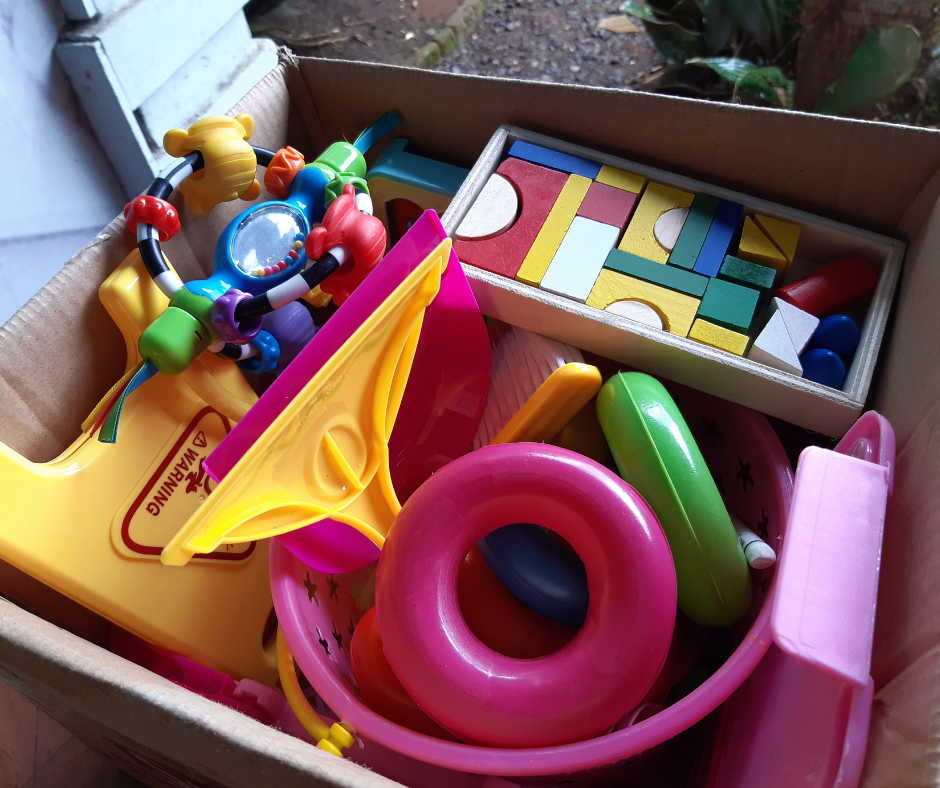Holidays can be a sticky topic for nannies and employers to discuss. Every employee has the right to take 5.6 weeks (28 days full time, pro rata for part time positions) holiday per year. This breaks down to 8 Bank holidays and 4 weeks of other holiday, which is how it’s been expressed for many years in nanny contracts, although with an increase in part-time positions this is no longer a good idea.
Many people plan to take their most substantial holiday between June and September to benefit from the summer weather or because they are restricted by school holidays. It’s important to agree ahead of time when holidays will be so both parties have a chance to make plans, particularly as prices during school holidays can be very high. It’s not unheard of among nannies for employers to only inform their nanny of holiday plans at the very last minute, leaving the nanny with 2 weeks holiday that they’ve made no plans for.
For nannies it’s never a good idea to book a holiday without clearing it first with your employers. Employers can refuse holiday requests, although they do have to enable you to take your holiday at some point during the year. Most contracts say the holiday is 50% the employer’s choice and 50% the nanny’s but this is a custom rather than a legal right. It may be very inconvenient for you employer to find cover for you that week so communicate your plans well in advance and try to offer a couple of different dates. Your employers should appreciate the flexibility. The best case scenario is to sit down at the beginning of the school or calendar year and work out when holidays are likely. Then as plans firm up you can confirm or change holiday plans.
A common stumbling block is when employers take more holiday that they have given their nanny in the contract. There is no legal right to have more holiday than the 5.6 weeks every employee is entitled to, however it is a customary perk (and excellent compensation for working long hours) to give a nanny additional paid time off when their employer is away. If your contract explicitly states that there is more holiday then this is a contractual right. A nanny might be asked to do some jobs around the home while their charges are away, such as sorting through toys or clothes, batch cooking for the freezer, buying and naming new school uniform or spring cleaning children’s rooms. If you do request this additional work from your nanny then leave them the autonomy to decide when it’s done. They may choose to ‘work from home’ buying and naming school uniform, or spend an evening sorting clothes or cooking instead of arriving at 8am.
Finding cover for a nanny can be a problem; If it’s impossible to take time off working and you have no family support then investigate activity camps for older children, or ask your nanny if any of their friends would be interested in a week or two of extra work. Alternatively a temporary nanny will provide the same level of cover you are used to – particularly important if you need to travel for work or work long hours. You can either use an agency or search our database to find a temporary nanny.
As always, communicating with each other about your plans is vital! If you do this then there’s no reason holidays should cause any hassle!
Image © Siart | Dreamstime Stock Photos & Stock Free Images


